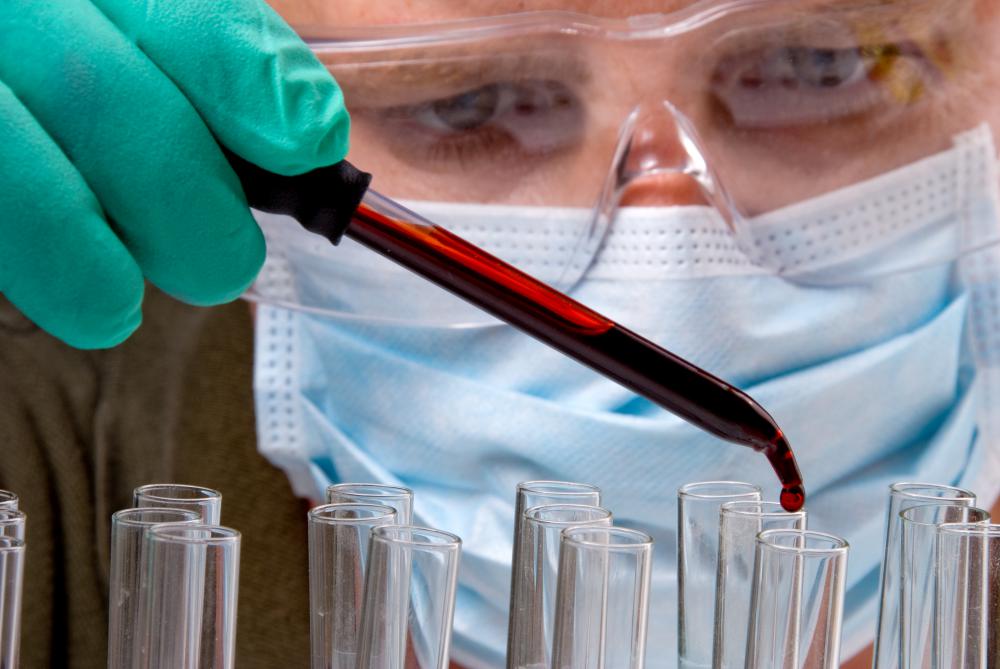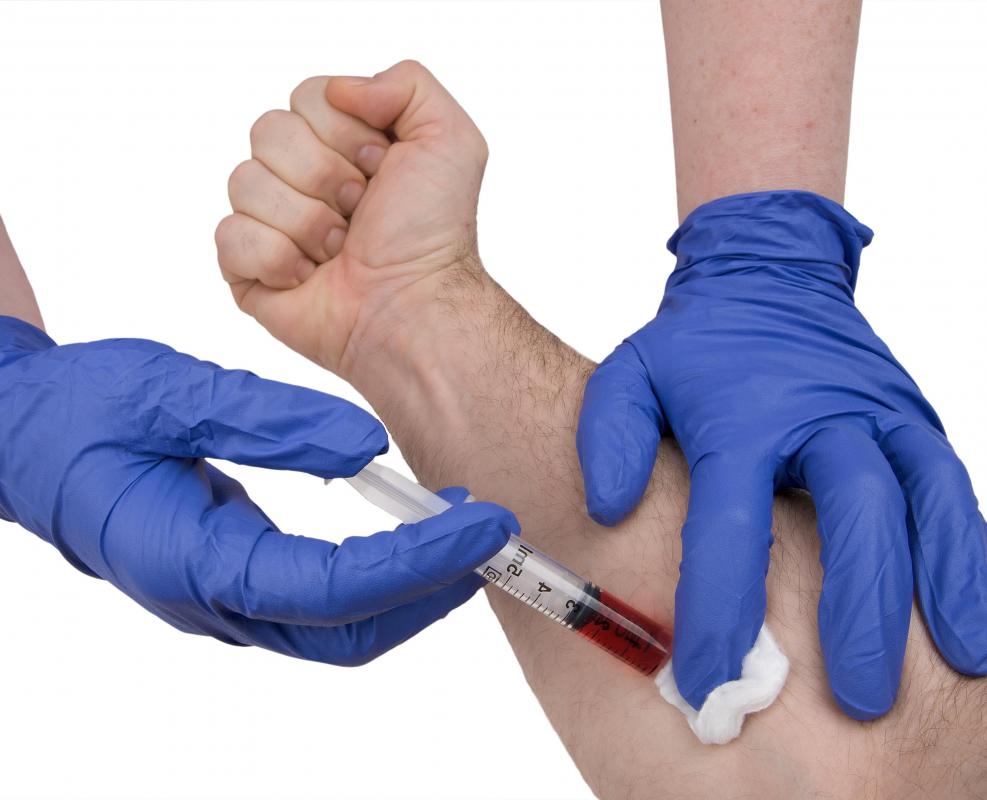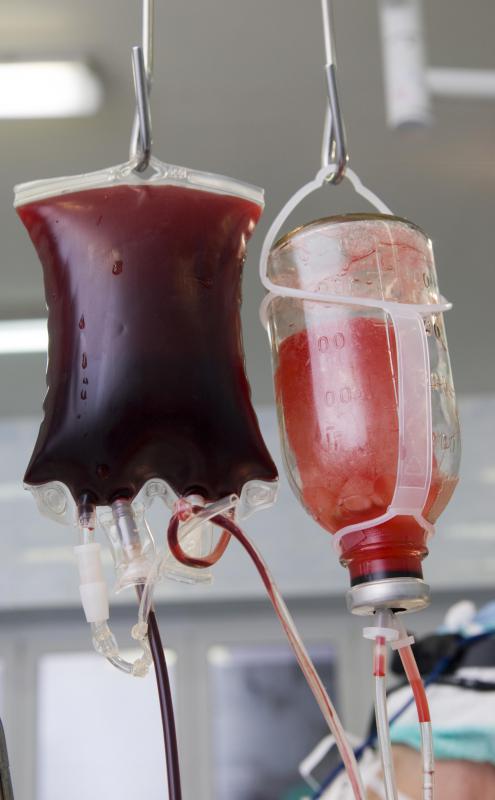At TheHealthBoard, we're committed to delivering accurate, trustworthy information. Our expert-authored content is rigorously fact-checked and sourced from credible authorities. Discover how we uphold the highest standards in providing you with reliable knowledge.
What are Platelet Disorders?
Platelet disorders are medical conditions which involve the platelets, a blood component which is critical to hemostasis in addition to many other bodily functions. There are a huge number of conditions which fall under the umbrella of platelet disorders, and there are a range of causes for such conditions. When patients are diagnosed with a condition relating to the platelets, there are several treatment options which can be used to address the condition and its underlying cause.
There are two main types of platelet disorders: disorders related to the number of platelets, and problems relating to the function of the platelets. Patients can have platelet counts which are artificially high or low, or platelets which do not function properly. These conditions may be inherited or not, and they can immune-mediated, meaning that abnormal immune system function is involved, or they may not be. Determining the involvement of inheritance and the immune system is important in diagnosis and treatment.

Disorders in number may be caused by over or underproduction of platelets in the bone marrow, along with abnormal rates of destruction or sequestration in the body. These types of platelet disorders can often be diagnosed with a blood count in which a sample of the blood is drawn and tested to find out more about the numbers of platelets active in the body.

Problems with function such as Bernard-Soulier Disease and von Willebrand's Disease involve platelet numbers which are normal, with a problem in the fundamental function of the platelets. These conditions are often genetic, involving an improperly coded protein, but they can also be acquired.
If a patient has a suspected platelet disorder, he or she will usually be referred to a hematologist, a doctor who specializes in disorders of the blood. The hematologist can recommend additional testing to find out more about the patient's disorder and the potential causes, including blood tests, bone marrow samples, and genetic testing. Once the condition has been diagnosed, the doctor can determine which treatment will be most appropriate.

In the case of congenital conditions, it may not be possible to cure platelet disorders, but the conditions can be managed so that they are less likely to interfere with quality of life for the patient. Other platelet disorders may be addressed by treating an underlying cause. The patient may be obliged to attend lifelong appointments with a hematologist to check for early signs of changes and developing complications which could indicate that a serious problem is emerging.
AS FEATURED ON:
AS FEATURED ON:
















Discussion Comments
Vitamin K doesn't help a platelet disorder, but it has some benefit if you have a deficiency. Avoiding things like garlic, aspirin and NSAIDs help curb bleeding.
There is a formula called RICE (Rest, Ice, Compression, Elevation) that they tell you to practice when having any type of bleeding. The elevation is only for bleeds below the heart such as in the legs.
Otherwise, following your doctor's orders for treatment is all that you can do, other than genetic counseling.
@drtroubles - My friend is a hemophiliac, which means it takes a really long time for his blood to clot, because he doesn’t have the right protein to make natural clotting happen.
In the case of hemophiliacs the platelets are actually not the problem at all, but rather the body is supposed to make a special protein that gets everything working properly. This protein is sort of like the signal that tells the platelets to start sticking together and to do their job.
For hemophiliacs the condition is permanent and there is no cure and it is usually inherited. If a hemophiliac gets a bad cut they usually have to be injected with a clotting factor so the bleeding will stop.
Are platelet disorders and bleeding disorders tied together? I have always thought of platelets as a tool of our body that makes natural bandages when we get cut.
From what I remember from biology class, platelets congeal when they start to flow in a waterfall fashion and stick together forming a barrier to prevent additional blood from escaping. I have always joked when I get cut that I am giving my platelets a bit of a work out just to make sure they are paying attention.
Also, for those that do have a bleeding disorder are there treatments to make your platelets healthier and stronger, or are you stuck with the condition and just need to be careful?
Post your comments